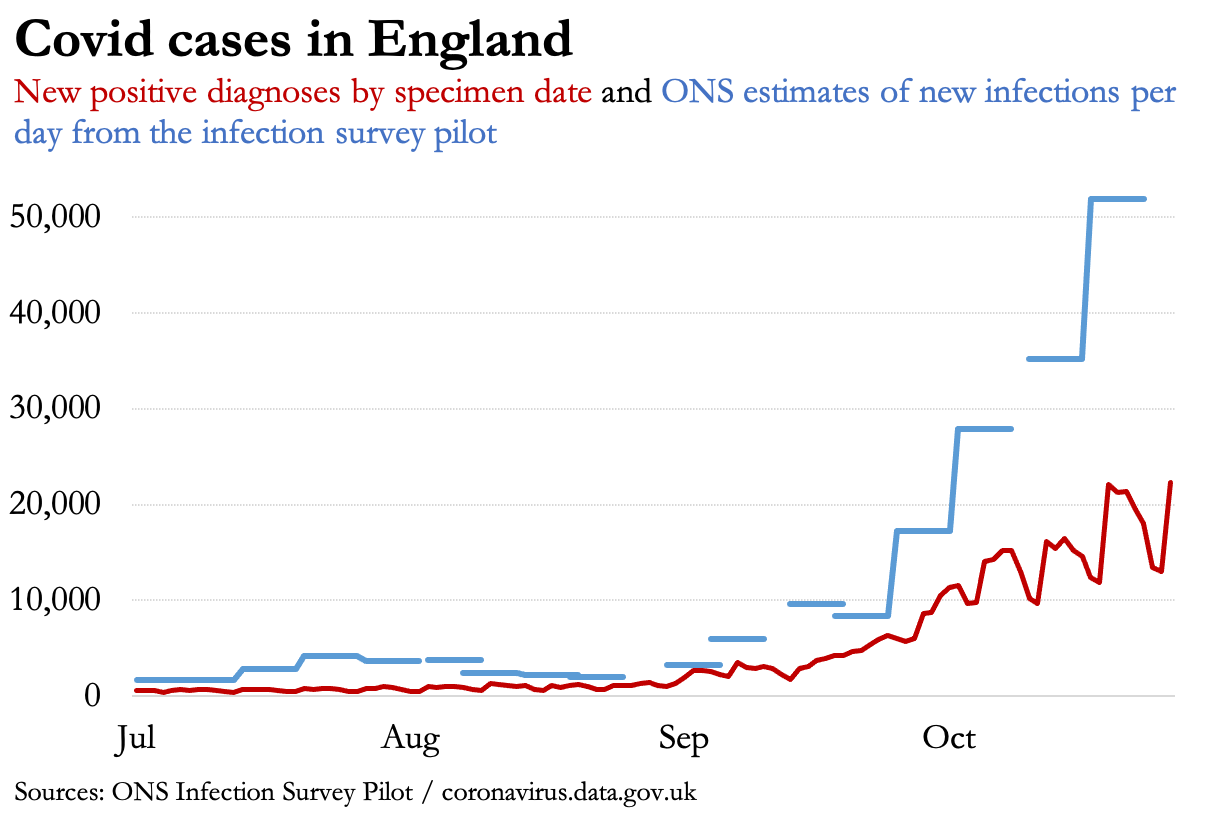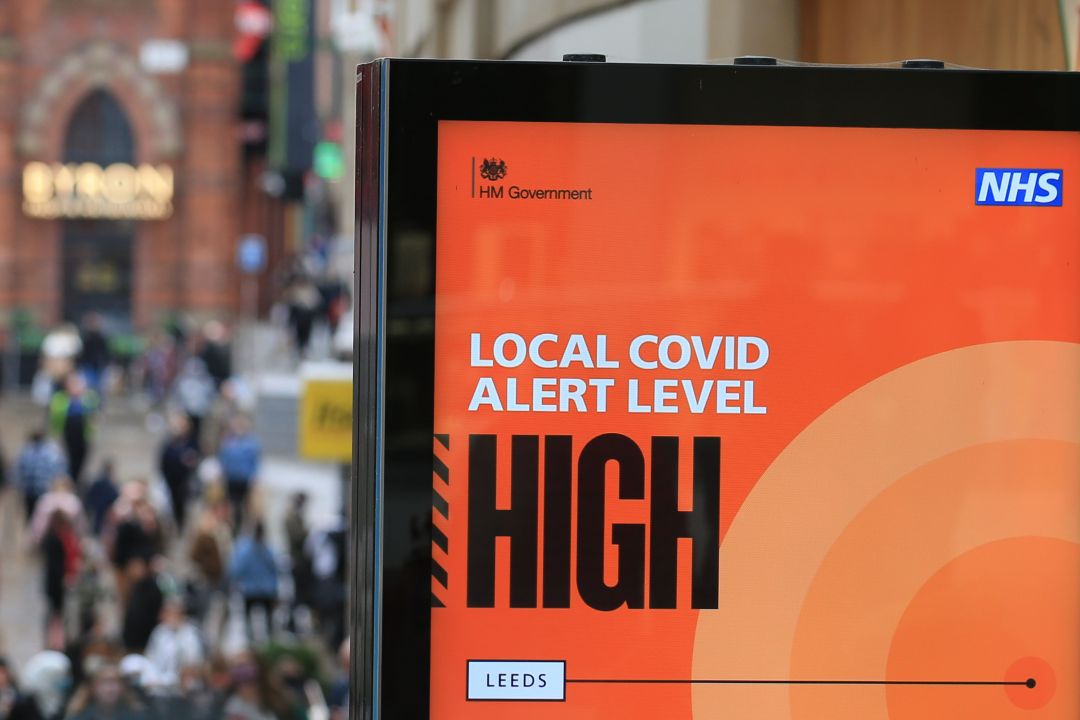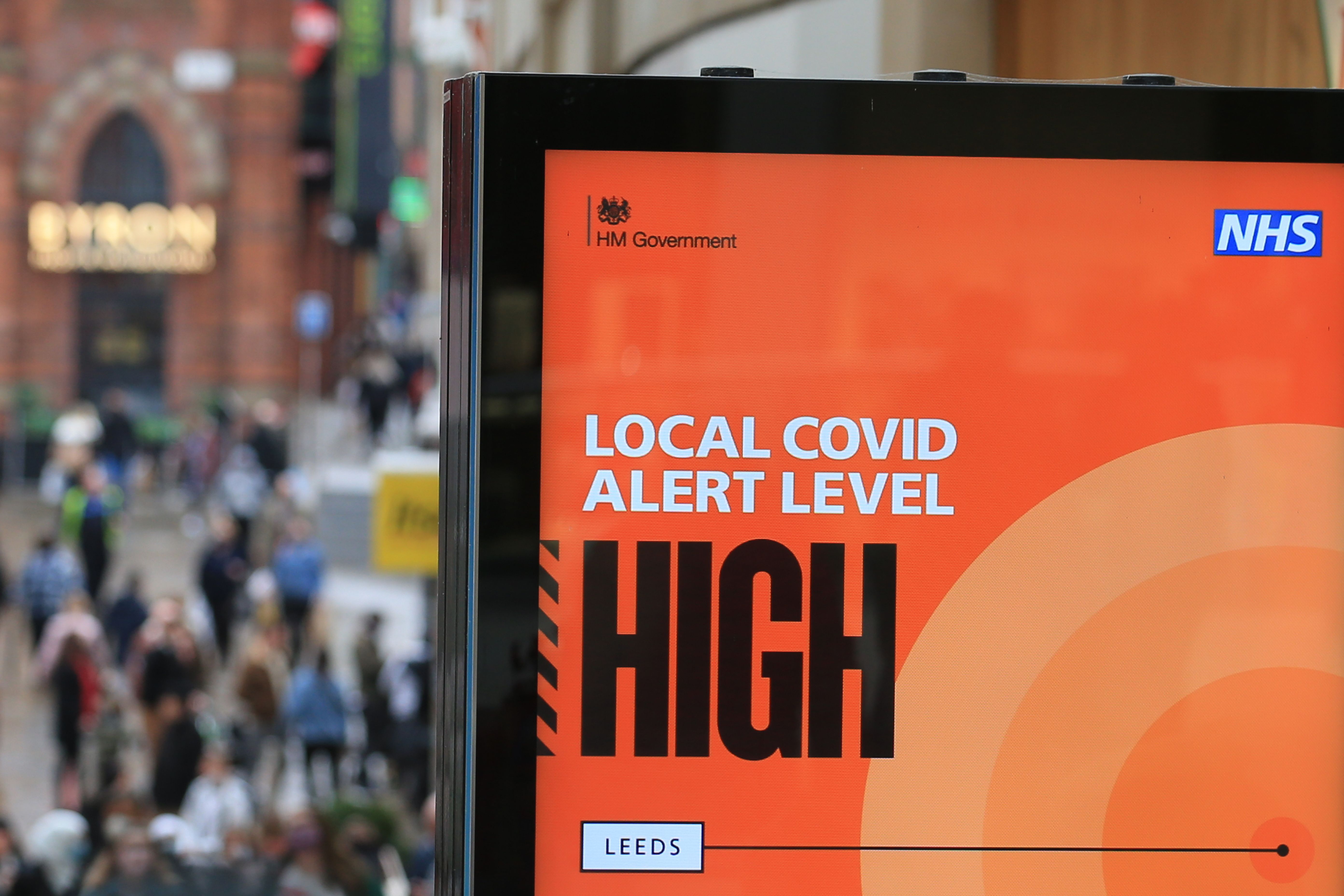From Wednesday, it seems, we will be back in national lockdown, the government having been convinced that the second wave of Covid-19 is spiralling out of control. Not for the first time, ministers appear to have taken their cue from an Imperial College study – this time the REACT 1 study which claimed on Thursday that 100,000 people a day are being infected, and that cases are doubling every nine days.
The government is also reported to have been swung by the changing opinion of deputy chief medical officer, Jonathan Van-Tam, who believes that a regional strategy is not longer enough to save the NHS from being overwhelmed. But are new cases really running at 100,000 a day and doubling every nine days? Not according to a team from King’s College. Based on its Covid symptom tracker app, it claims that new cases are running at more like 43,000 new cases a day.
Scientists are bitter and divided on Covid figures
This is not necessarily at odds with the REACT study, given that the King’s College study tracks symptomatic infections, and we know that many infections – between 30 and 80 per cent according to various estimates – are asymptomatic. However, the King’s College study estimates that cases are currently doubling at a far lower rate of once every 28 days. In a mark of how bitter and divided scientists are on Covid figures, Tim Spector, professor of genetic epidemiology at King’s College, said pointedly on Friday: ‘we want to reassure people that cases have not spiralled out of control, as has been recently reported from other surveys.’
What other evidence is there? The most comprehensive survey of incidence of Covid-19 is the weekly ONS infection survey – which tests and retests a randomised sample of volunteers. This week’s edition, published on Friday, estimates the number of people who have had Covid in the past week at 568,100. This was 31 per cent up on the figures for the previous week – indicating a doubling time of around two and a half weeks. Then there are the figures for confirmed positive test results – which inevitably are far lower than the estimated number of cases, as many infections will go unrecorded. On Friday, there were 24,405 new confirmed cases, a 19 per cent increase on the previous week – consistent with a doubling time of 28 days. Take the seven day average, on the other hand, and infections have risen from 20,249 to 22,678 over the past week – an increase of 12 per cent, indicating a doubling time of about six weeks.

Interestingly, the previous REACT survey, which covered the period 18 September to 5 October, put the doubling time at 29 days – in line with King’s College and the ONS. There is a lot of disagreement here, but last week’s REACT survey does look something of an outlier.








Comments